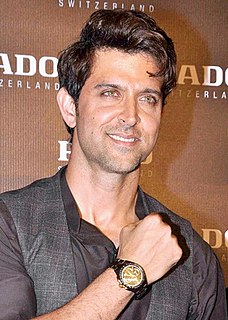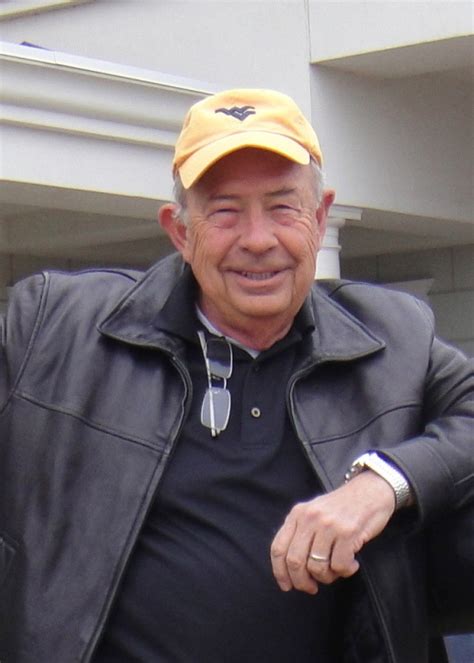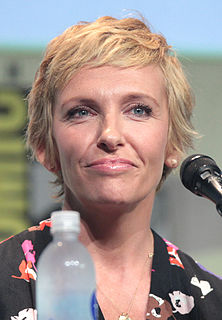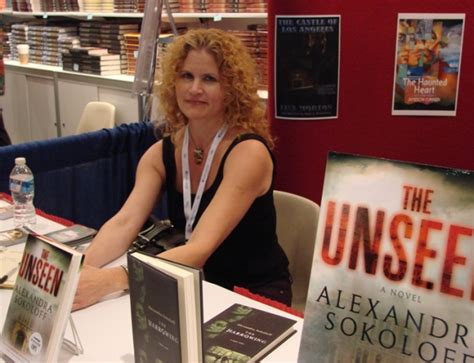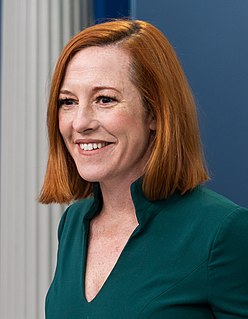A Quote by Hrithik Roshan
I look for the essence of a story and a human angle that I think audiences can relate to. I also look at how the dialogues flow in the film as a whole and between the characters, and most importantly I always consider what I can bring to the character from a creative point of view.
Related Quotes
But every point of view is a point of blindness: it incapacitates us for every other point of view. From a certain point of view, the room in which I write has no door. I turn around. Now I see the door, but the room has no window. I look up. From this point of view, the room has no floor. I look down; it has no ceiling. By avoiding particular points of view we are able to have an intuition of the whole. The ideal for a Christian is to become holy, a word which derives from “whole.
Writers shouldn't fall in love with their characters so much that they lose sight of what they're trying to accomplish. The idea is to write a whole story, a whole book. A writer has to be able to look at that story and see whether or not a character works, whether or not a character needs further definition.
I think it's my job to like any character I play - to understand and appreciate a character, to look at the world as much as possible from their point of view. I don't look at it just technically: learn the lines, figure out what gestures I want to bring and play, and that's it. I like to learn as much as I can about the person, and see what happens.
I think all writers are always collecting characters as we go along. Not just characters of course, we're collecting EVERYTHING. Bits and pieces of story. An interesting dynamic between people. A theme. A great character back story. A cool occupation. The look of someone's eyes. A burning ambition. Hundreds of thousands of bits of flotsam and jetsam that we stick in the back of our minds like the shelves full of buttons and ribbons and fabrics and threads and beads in a costumer's shop.
I'd like to turn the whole Jesus story around and look at it from a different vantage point, to consider that he was a human being who achieved such promise of humanity that he entered into what I think God is: mainly, the power of life, the power of love and what Paul Tillich, a German theologian of the mid-twentieth century, called "the ground of all being."
